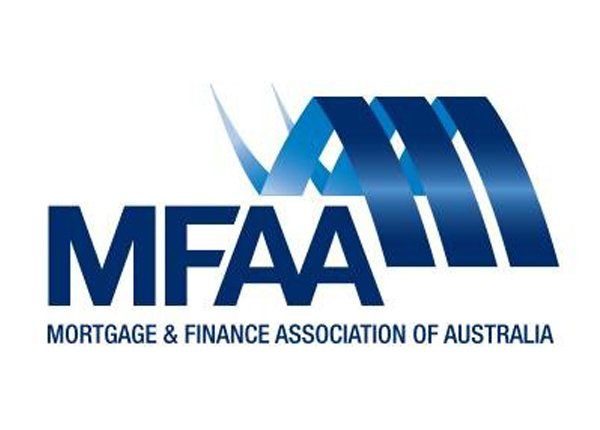Why your credit score is important
What is a credit score and why does it matter when taking out a loan?
Think about your credit score a little bit like a rating for an Uber driver or Airbnb. It’s based on your borrowing and repayment history, and is a crucial consideration for banks when you apply for a loan.
Your score is determined by credit bureaus in Australia. They use a range of information to give you a credit score, generally between 0 and 1200. This number can differ between agencies.
| Credit Score Range | illion | Equifax | Experian |
|---|---|---|---|
| Excellent | 800-1000 | 833-1200 | 800-1000 |
| Very good | 700-799 | 726-832 | 700-799 |
| Average | 500-699 | 622-725 | 625-699 |
| Fair | 300-499 | 510-621 | 550-624 |
| Low | 0-299 | 0-509 | 0-549 |
In the future, your credit score will help other banks and lenders determine whether or not to give you a loan. They use your credit score, alongside their own criteria, to decide if they should lend you money, how much and at what interest rate.
How is my credit score calculated?
To calculate your score, agencies look at a variety of things including:
- Past and present debt, and any problems you might have had repaying those debts. It’s important to note that this also includes AfterPay and other buy now pay later schemes.
- Loans and loan enquiries, such as home loans, car loans and personal loads. Agencies will also look at whether you're a guarantor for anyone.
- Your credit history including your current credit limit, the type of credit you’ve apple for and your repayment history
- Credit applications - a high number of applications are often looked at unfavourably by bureaus.
How can I improve my credit score?
There are lots of different ways you can start building your credit score.
- Have a credit card - Strangely enough, having no debt won’t actually give you a higher credit score. What will, is showing that you have the ability to manage debt by making on time and accurate repayments.
- Pay existing loans and debts on time.
- Pay bills on time, such as utilities.
- Review your credit report and fix any mistakes - you can find out how to access your credit report in the next section of this blog.
- Only apply for new credit when necessary - frequent applications will lower your score, so do research online and talk to lenders or a broker before formally applying. This helps to ensure you know what you want.
- Keep your rarely used cards - Once your credit is paid off, you might think about closing your account. Keep it open because this will positively impact your score.
- Lower the limits on your credit card if you don’t get close to reaching the cap.
- Build up your savings - this is important because it shows that you have buffer savings if you need it, and also shows that you have the ability to pay on time.
How do I check my credit score?
To find out what your credit score is, you’ll need to contact a credit reporting bureau. These bureaus are obligated to give you access to your consumer credit report for free once every three months. You can also request a free copy if you’ve been refused credit within the last 90 days, or if your credit-related personal information has been corrected.
You can request a copy of your credit report from any credit reporting bodies, however we generally recommend Equifax as it's the largest in Australia.
If you need help navigating the world of credit scores and loans, a member of our team is always happy to answer any questions you may have.






